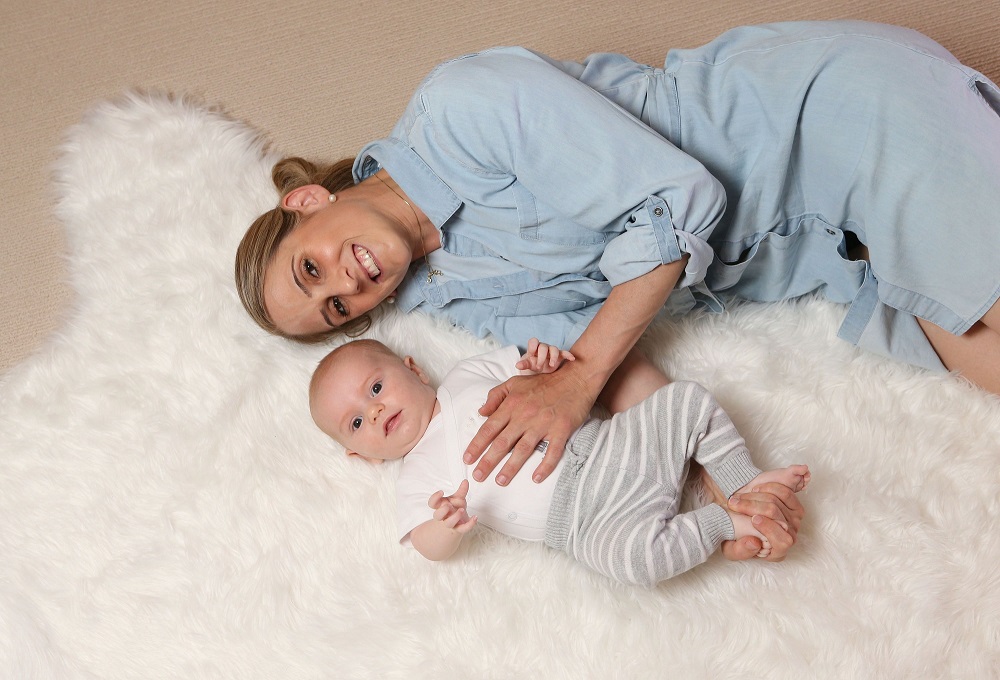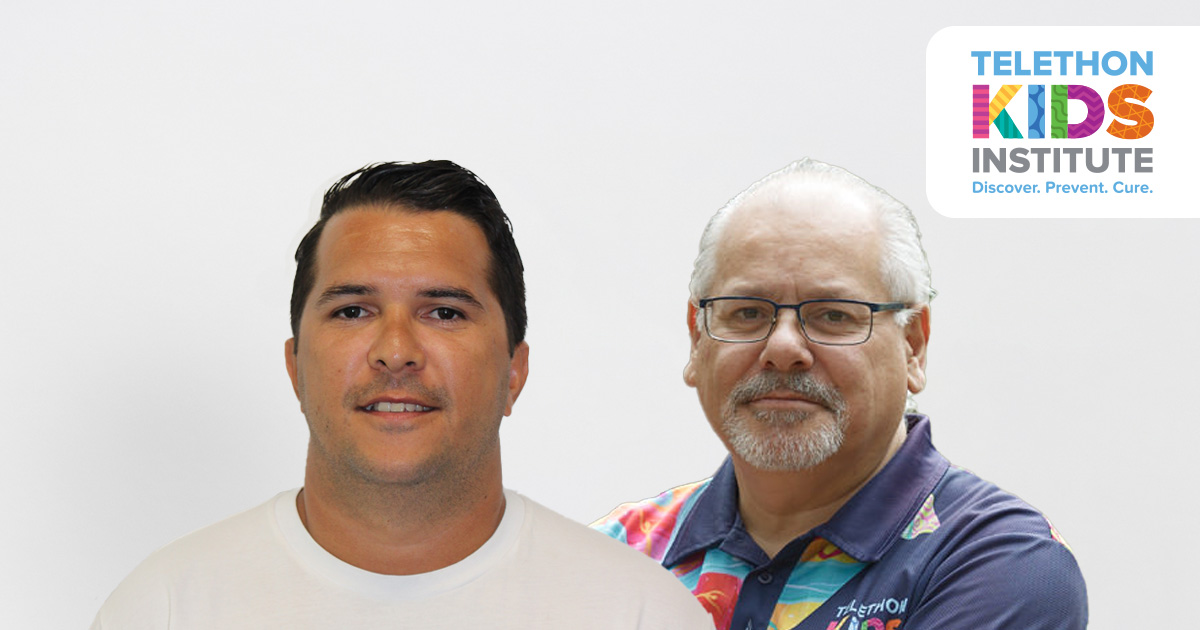Search
Showing results for "8"
Research
ACE2 expression is elevated in airway epithelial cells from older and male healthy individuals but reduced in asthmaCOVID-19 is complicated by acute lung injury, and death in some individuals. It is caused by SARS-CoV-2 that requires the ACE2 receptor and serine proteases to enter AEC. We determined what factors are associated with ACE2 expression particularly in patients with asthma and COPD. We obtained lower AEC from 145 people from two independent cohorts, aged 2-89 years, Newcastle (n = 115) and Perth (n = 30), Australia. The Newcastle cohort was enriched with people with asthma (n = 37) and COPD (n = 38). Gene expression for ACE2 and other genes potentially associated with SARS-CoV-2 cell entry was assessed by qPCR, and protein expression was confirmed with immunohistochemistry on endobronchial biopsies and cultured AEC.
Research
Use of Continuous Glucose Monitoring Trends to Facilitate Exercise in Children with Type 1 DiabetesThis study investigated the use of a carbohydrate intake algorithm based on continuous glucose monitoring trends during physical activity

News & Events
3rd European Rett Syndrome Conference, October 17-19, Maastricht, The NetherlandsFollowing last year's World Rett Syndrome Congress held in New Orleans, the 3rd European Rett Syndrome Conference was held in the Netherlands over 3 days.

News & Events
World-first research helps to identify child developmental delaysThe ORIGINS Project’s Early Moves study is investigating whether a baby’s early movements can predict learning difficulties later in childhood.
Research
Glycaemic control of Type 1 diabetes in clinical practice early in the 21st century: An international comparisonImproving glycaemic control in people with Type 1 diabetes is known to reduce complications.
Research
Species-Specific and Cross-Reactive IgG1 Antibody Binding to Viral Capsid Protein 1 (VP1) Antigens of Human Rhinovirus Species A, B and CHuman rhinoviruses (HRV) are associated with upper and lower respiratory illnesses, including severe infections causing hospitalization in both children...
Research
Lower cardiorespiratory fitness in children with Type 1 diabetesThe present study aimed to compare cardiorespiratory fitness levels in children with and without Type 1 diabetes.
Research
In utero cigarette smoke exposure impairs somatic and lung growth in BALB/c miceThe aim of this study was to assess whether in utero tobacco smoke exposure alone affects early-life lung growth and development. Pregnant BALB/c mice...

News & Events
The Kids Research Institute Australia staff appointed to new Aboriginal research advisory committeeThe Kids Research Institute Australia has welcomed the establishment of an expert committee to guide decision-making around Aboriginal health and medical research in Western Australia.

News & Events
Flu study gives vital early protection to bubs this winterThe FluBub Study will investigate whether giving the flu vaccine much earlier than the six months currently recommended by the National Immunisation Program will protect babies at the greatest risk of a severe influenza infection when they are most vulnerable.
